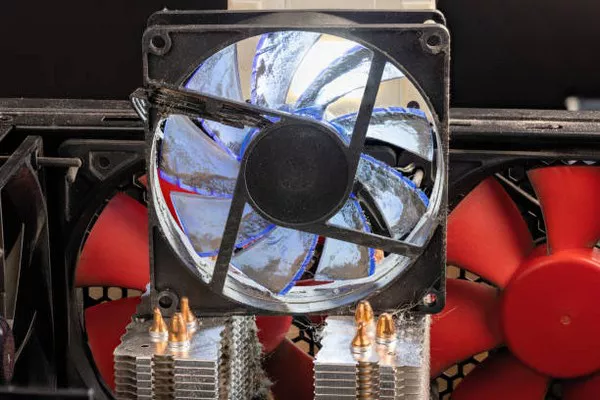Generators are vital components of power systems, ensuring uninterrupted electricity supply during outages or in remote areas. However, their exposure to outdoor elements raises concerns about their durability and functionality, particularly in inclement weather conditions such as rain. In this article, we delve into the effects of rain on generators and explore measures to mitigate potential damage.
Understanding Generator Vulnerability
The Structure of Generators
Generators consist of intricate mechanical and electrical components housed within enclosures designed to protect them from environmental factors. However, these enclosures are not always completely impermeable, leaving generators susceptible to moisture infiltration, especially during heavy rainfall.
Electrical Components at Risk
Rain poses a significant threat to the electrical components of generators. Water ingress can lead to short circuits, corrosion, and insulation breakdown, compromising the generator’s efficiency and safety. The alternator, control panels, and electrical wiring are particularly vulnerable to water damage.
Effects of Rain on Generators
Corrosion
One of the most common issues resulting from exposure to rain is corrosion. Water, combined with oxygen and contaminants present in the atmosphere, accelerates the corrosion process, affecting metal surfaces within the generator. Corrosion weakens structural integrity and can lead to component failure over time.
Short Circuits
Water intrusion into electrical components increases the risk of short circuits. When conductive materials come into contact due to moisture, unintended pathways for electrical current are created, leading to malfunctions or even equipment damage. Short circuits pose safety hazards and can cause fires in extreme cases.
Insulation Degradation
Insulation materials within the generator serve to prevent electrical leakage and maintain proper voltage levels. However, exposure to moisture can degrade insulation over time, reducing its effectiveness and potentially causing electrical faults or breakdowns.
Reduced Performance
Rain-induced damage can result in decreased generator performance. Malfunctioning components or compromised electrical connections may lead to voltage fluctuations, frequency irregularities, or even complete system failures. This can disrupt power supply and impact critical operations reliant on continuous electricity.
Mitigating Rain-Related Risks
Regular Maintenance
Routine maintenance is crucial for preventing rain-related damage to generators. Inspections should include checking for signs of corrosion, ensuring proper sealing of enclosures, and verifying the integrity of electrical insulation. Prompt repairs and replacement of worn-out components are essential to maintain generator functionality.
Waterproof Enclosures
Investing in waterproof enclosures or shelters for generators significantly reduces their exposure to rain. These enclosures should be constructed from durable materials and feature effective seals to prevent water ingress. Additionally, proper ventilation must be ensured to prevent overheating while maintaining protection from moisture.
Elevated Placement
Positioning generators at elevated locations can minimize the risk of water accumulation during rainfall. Placing generators on raised platforms or installing them in elevated structures helps prevent direct contact with standing water and reduces the likelihood of moisture infiltration into critical components.
Remote Monitoring Systems
Implementing remote monitoring systems enables real-time tracking of generator performance and environmental conditions. Advanced sensors can detect moisture levels within enclosures and alert operators to potential issues promptly. Remote monitoring allows for proactive maintenance and timely interventions to prevent rain-induced damage.
Conclusion
While generators are essential assets for ensuring reliable power supply, they are susceptible to damage from environmental factors such as rain. Understanding the vulnerabilities and potential effects of rain on generators is crucial for implementing effective mitigation strategies. Regular maintenance, waterproof enclosures, elevated placement, and remote monitoring systems are key measures to safeguard generators against rain-related risks and maintain their optimal performance and longevity. By prioritizing preventive measures and proactive management, organizations can mitigate downtime, minimize repair costs, and uphold uninterrupted electricity supply, even in adverse weather conditions.

